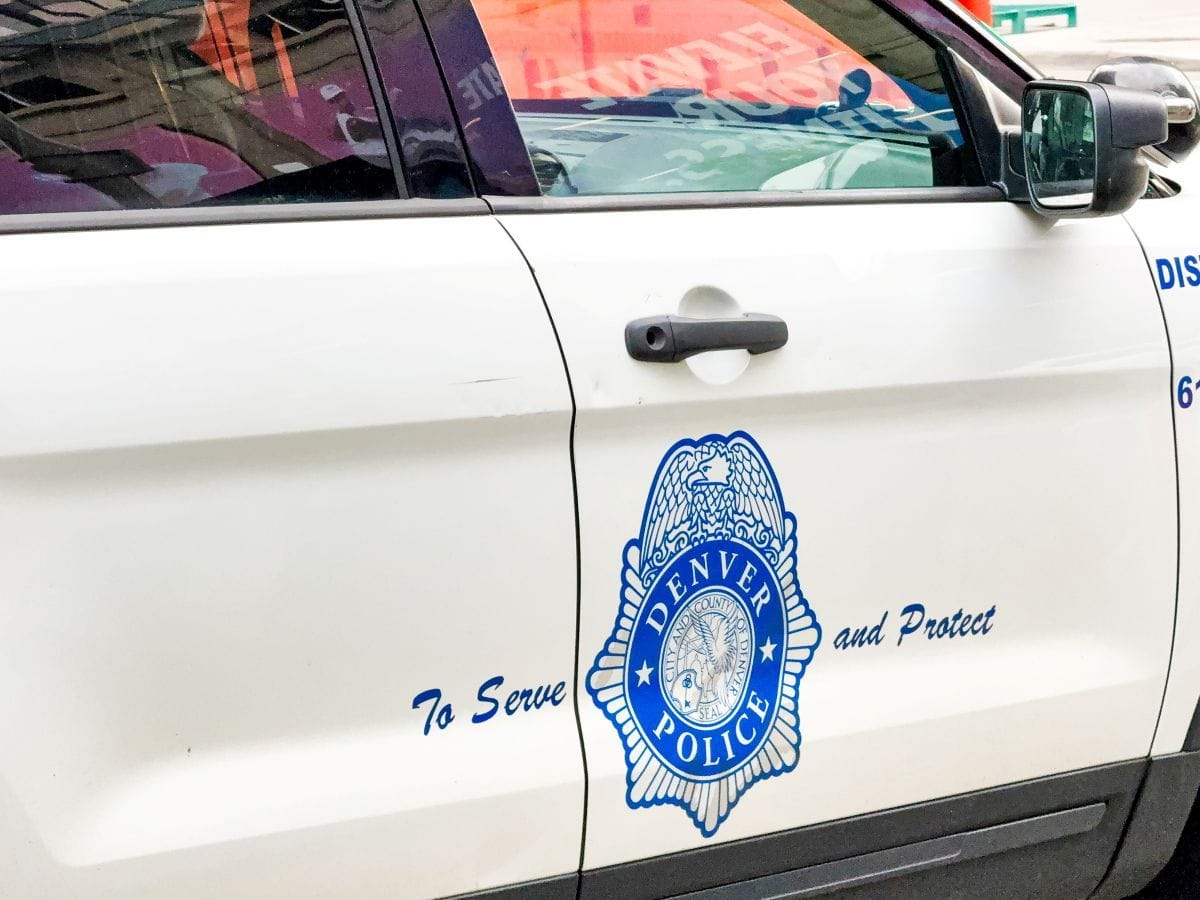Jury Awards $20 Million to Denver Bystanders Injured in Police Shooting
A Denver jury orders former officer Brandon Ramos to pay $20 million after finding he fired into a crowd without justification.
Published on
A Denver District Court jury has ordered former police officer Brandon Ramos to pay nearly $20 million to six bystanders injured during a 2022 shooting in the city’s lower downtown area. Jurors found that Ramos unjustifiably fired into a crowd while pursuing a suspect, rejecting his claim of self-defense.
The July 2022 incident began when officers pursued a man, Jordan Waddy, after an altercation outside the Larimer Beer Hall. According to court filings, Waddy followed commands to stop, retrieved a handgun from his pocket, and threw it to the ground. Witnesses and plaintiffs said he raised his hands to surrender when officers opened fire.
Ramos, positioned to the side of the suspect with a crowd behind him, fired multiple shots. Instead of striking Waddy, his bullets hit several bystanders. Six civilians — Angelica Rey, Ayla Bersagel, Bailey Alexander, Mark Bess, Willis Small IV, and Yekalo Weldehiwet — suffered injuries from direct gunfire or shrapnel.
The Plaintiffs’ Allegations
The victims filed suit in March 2023, accusing Ramos of “indiscriminately firing his weapon into a crowd of civilians.” They argued that he acted with reckless disregard for public safety, a key element of their claim for punitive damages.
According to the complaint, Rey sustained a gunshot wound to her lower leg causing permanent neurological damage, while Weldehiwet’s arm was shattered by a bullet fragment. Other plaintiffs cited lasting physical and psychological injuries stemming from the event.
The plaintiffs’ legal team emphasized that the officer’s conduct violated established standards for police use of force, particularly in a dense civilian setting. Their argument centered on Ramos’ failure to assess his surroundings and the potential risk to uninvolved individuals before firing.
The Defense and Trial
Ramos denied wrongdoing, asserting that he acted lawfully and in response to a perceived threat. His defense maintained that his actions were consistent with police training and regulations. However, during the eight-day civil trial, jurors found that Ramos failed to meet the standard of reasonable care expected of law enforcement officers in use-of-force situations.
The jury deliberated for one day before returning its verdict, awarding $19.75 million in total damages — including $7.5 million in punitive damages. The decision underscored the jury’s finding that Ramos’ actions were both unjustified and reckless.
Counsel for Ramos declined to comment following the verdict, but expressed gratitude to jurors for their service.
Reactions to the Verdict
Plaintiffs’ attorney Siddhartha Rathod of Rathod Mohamedbhai LLC described the ruling as a strong statement of accountability. “The jury sent a clear message to all law enforcement that this type of behavior won’t be tolerated in our community,” Rathod said. “Law enforcement is here to serve and protect, and where law enforcement shoots into a crowd, it is unacceptable.”
Plaintiff Angelica Rey also commented on the verdict, noting the relief felt after years of litigation. “It’s nice that it’s finally over,” she said. “It’s been a long three years dealing with all of this. We hope the city will be able to help pay the damages award.”
Legal Implications
The verdict highlights the increasing scrutiny of police use-of-force incidents and their civil consequences. While Ramos previously pleaded guilty to third-degree assault and received 18 months of probation, the civil judgment imposes substantial financial liability beyond criminal penalties.
The case also reinforces how courts assess claims involving negligence, excessive force, and proximate cause when public officials are involved. Juries are weighing the balance between officer discretion and civilian safety, particularly in crowded environments where tactical decisions can have catastrophic outcomes.
Civil litigation involving police shootings often hinges on whether an officer’s perception of threat was reasonable under the circumstances. Here, jurors concluded Ramos lacked justification, as the suspect had already discarded his weapon and attempted to surrender. The inclusion of significant punitive damages suggests the jury found Ramos’ conduct particularly egregious.
Broader Context
This outcome adds to a growing number of cases where municipal officers face personal liability for on-duty conduct. While municipalities typically indemnify officers for acts within their official capacity, the jury’s punitive award may prompt further litigation over responsibility for payment.
The Denver Police Department has faced prior scrutiny for crowd-control tactics and officer training protocols. This verdict may influence future policy reforms around officer discretion, risk assessment, and the use of deadly force in public settings. It also raises questions about how cities insure against or distribute liability in civil rights verdicts involving former employees.
Litigators in similar cases often rely on expert testimony from policing standards specialists to establish appropriate conduct thresholds. These experts help clarify whether actions taken align with recognized practices and whether situational factors justified escalation.
Case Details
Case Name: Rey et al. v. Ramos
Court Name: 2nd Judicial District Court of Colorado
Case Number: 2023CV30724
Plaintiff Attorneys: Rathod Mohamedbhai LLC, Viorst Law Offices PC, Fuicelli and Lee PC
Defense Attorney(s): Lasater & Martin


